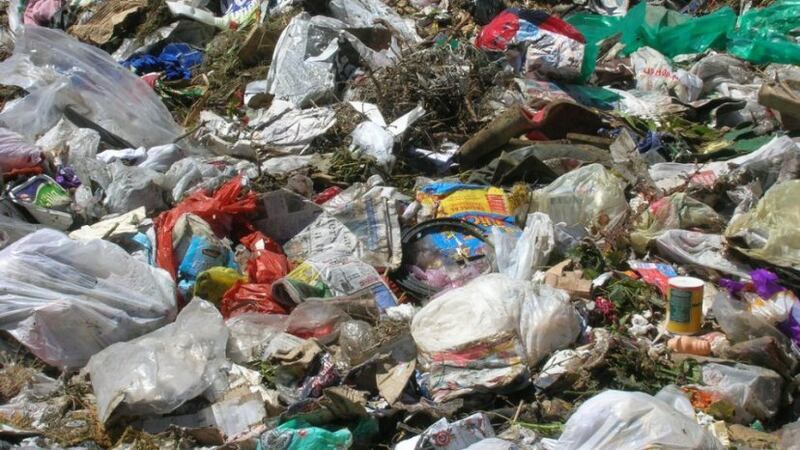As the holiday season dies down, local councils are left to do the clean-up. But a new member's bill aims to change litterbug attitudes by lifting infringement fines.
Litterbugs could soon face stiffer penalties if caught in the act of littering or illegally dumping rubbish.
National’s Environment Spokesperson Scott Simpson says "My member's bill will mean that district councils can impose a maximum fine for littering of $1000.”
“At the moment it's just at $400 which is the maximum that they can impose and I think that's way too low to be honest."
Last year a National Litter Survey by Waste Not Consulting found an average of 30 litter items per 1000m2.
"The answer to our litter problem is probably not fines at all” says Simpson.
“All this bill seeks to do is give councils another tool in their armoury. We've got far too much litter around Aotearoa, far too much bad actions by too many people who drop litter wastefully, not really thinking about the consequences. We really need a change in peope's attitude. "
Wellington kaumātua and iwi environment advocate Liz Mellish is welcoming the bill but is calling on councils to take more responsibility.
"We need to be looking at recycling, we need to make the accessibility for disposing of rubbish much better for everyone. We have a tendency to blame freedom campers and whilst it's probably true, we're our own worst enemies but it's up to us to really be serious about this matter."
Simpson says some councils did not bother issuing fines because it wasn't worth their while but hopes the infringement system will be used more vigorously.
"If people are caught littering and they do get an instant fine then yes, it will send an instant message to them and that's part of what this bill is all about- is sending a message that littering is unacceptable in today's society."
Mellish says "We should as Māori be supporting this bill because it is starting to send stronger signals but we need much more than increasing a fine and we really do need to be addressing it with our local government. It's interesting that this year we have local government elections."
The bill is due to have its second reading next month.

